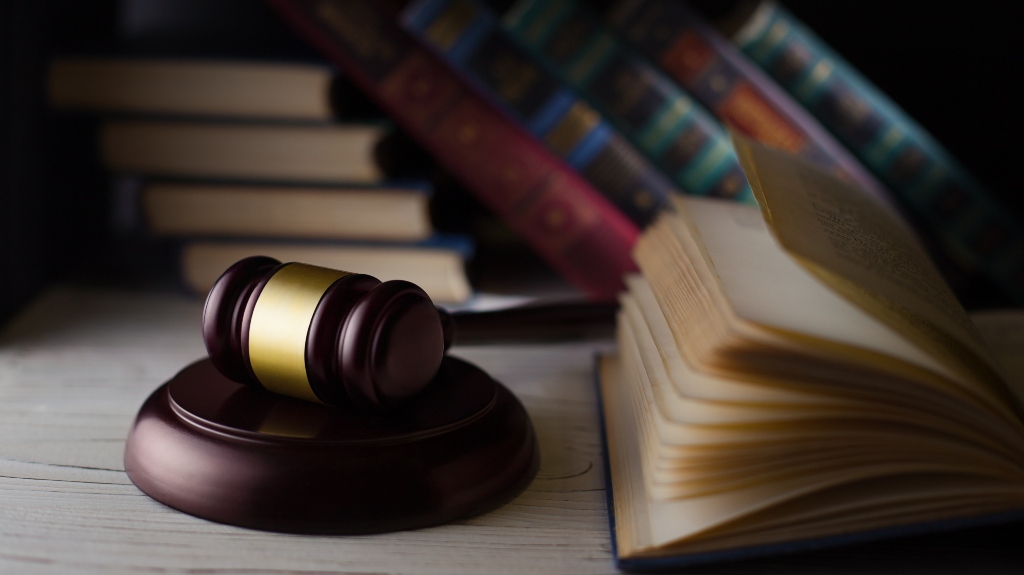
Although many personal injury cases involve private parties, sometimes a person will suffer injuries in an accident caused by the government or a government employee. In such a case, an injured person may have a personal injury claim against the relevant government or governmental agency. However, pursuing a personal injury lawsuit against a governmental entity in Philadelphia involves complex procedures and legal standards. Working with an experienced personal injury attorney can give you the best chance of success in your claim.
Common Types of Government-Related Injury Claims
Examples of personal injury claims you might bring against a local, state, or federal government or a government agency include:
- Slip and fall accidents in government buildings or on public sidewalks for which a local or state government has maintenance responsibility
- Motor vehicle accidents caused by government vehicles or public transit buses
- Accidents caused by unsafe public infrastructure (e.g., broken pavement or walkways, non-functioning streetlights, etc.)
- Medical malpractice committed at public hospitals
- Police brutality/excessive force
Notice Requirements and the Pennsylvania Political Subdivision Tort Claims Act
Federal and state governments—and, by extension, local governments created under a state government’s authority—enjoy sovereign immunity. By default, a person injured by the negligence or willful misconduct of the government or government employees cannot file a personal injury claim against the government. However, the federal and state governments have adopted laws that waive the government’s sovereign immunity for specific claims.
In Pennsylvania, the state legislature has waived sovereign immunity for itself and local governments through the Pennsylvania Political Subdivision Tort Claims Act. Under state law, state and local governments in Pennsylvania have waived their sovereign immunity for claims arising from a negligent act where the injured person would have a cause of action against a party not entitled to sovereign immunity.
Although state law waives sovereign immunity for many personal injury claims, it also imposes additional requirements for pursuing such claims against the government. Most importantly, the law requires an injured person to provide notice of their claim to the government within six months of the date of their injury. Failing to provide timely notice may result in an injured party losing their right to pursue a personal injury claim against the government.
Limitations on Damages and Legal Standards
State law also imposes a cap on the compensation a person can recover in a personal injury claim against a local or state government in Pennsylvania. For injury claims against the state government, an individual cannot recover more than $250,000; furthermore, the state’s total liability to all parties injured by a single accident or occurrence cannot exceed $1 million. For injury claims against local government, a local government’s total liability cannot exceed $500,000
This cap on damages covers all economic and non-economic losses that one might recover in a personal injury claim, including:

- Medical expenses
- Past and future lost earnings
- Pain and suffering for permanent disfigurement or disability
- Loss of consortium
- Damaged or destroyed property
Furthermore, state law may impose different legal standards for holding the government liable in certain types of personal injury claims than would apply to private citizens and entities. The law also affords government officials defenses to personal injury claims arising from actions the official was required to undertake or took within their statutorily authorized discretion.
Filing a Lawsuit Against the Government
Contact a Personal Injury Attorney Today
When you suffer injuries in an accident involving the government or a public employee, you may have a personal injury claim against the government. Contact Jason Javie Law Office today for a free, no-obligation consultation with a personal injury attorney to learn more about your rights to pursue legal action against the government for your injuries.
